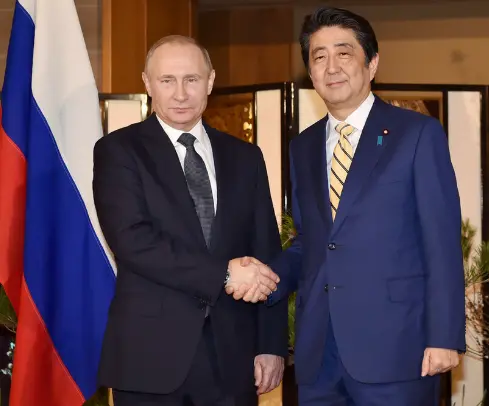The King of Spain, Juan Carlos de Borbon, announced his abdication on Monday and if everything goes according to the Spanish Constitution, his son Felipe will be proclaimed king within the next six weeks.
The abdication of the King is not completely covered by the laws of Spain and for that reason Parliament has to urgently approve a new Organic Law in the coming days. This law will then be published in the Spanish State Bulletin (BOE) and come into effect the following day.
Spanish Prime Minister Mariano Rajoy has called an emergency cabinet meeting for Tuesday to draw up and approve this Organic Succession Law, which will then be set before Parliament as the government wants to ensure the succession continues as smoothly as possible.
In accordance with Article 81 of the Spanish Constitution, this Organic Succession Law has to be approved by an absolute majority in Congress before taken to the Senate.
The law has to establish the procedure for the succession and it is possible it will generate several points of discussion.
Among these is the future status of the current Monarch, given that Juan Carlos would lose his situation as non-indictable.
According to the 1978 Spanish Constitution, the King is immune from prosecution, but would no longer be so once he was no longer King.
The second point of discussion is over the formula to proclaim the new Monarch. Historically the Parliament required the proclamation of a new King in front of the Cortes Generales (Congress and Senate). However, this presents certain problems given the composition of the current Spanish Parliament.
Several groups present in the Parliament are against the institution of Monarchy, including the United Left and several members of what is known as the "Mixed Group," which contains AMAIUR and ERC (left wing Basque and Catalan Nationalists). Both groups could show their public disagreement in the proclamation of the new Monarch, which will not give the image of unity the Crown will be hoping for.
The approval of the Organic Law will also generate some important political consequences. Prime Minister Mariano Rajoy has the parliamentary support needed to pass the law, but it will open a debate about the Monarchy which will affect some of Spain's major parties and the governability of the country itself.
The reaction of President of the Catalan Region Artur Mas was not long in coming and gave a hint that Juan Carlos' abdication will change little as he seeks independence for the region.
"There will be a change of King in Spain, but there will not be a change in the Catalan political process, which will lead us to vote freely on November 9," said Mas in reference to the independence referendum the Catalans are planning for that date.
The leader of the Socialist (PSOE) Party, Alfredo Perez Rubalcaba, the main opposition group in Spain, confirmed his support for the "consensus," giving his support to the Monarchy.
However, this will be one of his last acts after announcing his decision to stand down as party leader last week and it highlights the division within a PSOE immersed in an already divisive process to select a new leader.
Indeed some members of his party, such as Member of Parliament, Guillen Garcia Gasulla, have asked the party leadership the freedom to vote as they wish when the Organic Law passes through Congress.
Meanwhile, the PSOE youth organization and part of the party grass roots has expressed republican feelings, further highlighting the divisions in the group.
Elsewhere, the majority of the left wing parties clearly oppose the succession and have made that opposition clear.
The reaction of left wing citizens' groups, such as 15M and the new political party PODEMOS (WE CAN), which took 5 seats in the European Elections just over a week ago, was swift. The strength of republican feeling in Spain was made clear by dozens of spontaneous demonstrations held throughout Spain, just hours after Juan Carlos announced his abdication. The Plaza de Sol in the heart of Madrid was filled with tens of thousands of demonstrators demanding a third republic, rather than a continuation of the Monarchy.
Just how deep that republican feeling runs is a matter of debate although the latest findings of the Center of Sociological Investigation indicated that the level of confidence in the Monarch did not reach 4 points out of 10, which is hardly a vote of support.
However, it is also true that is partly due to the fact that Juan Carlos' image has deteriorated in recent years for various reasons, while Prince Felipe is by far the most popular member of the Royal Family.
Despite their problems, the Monarchy can still count of many traditional pillars of support: first of all the vast majority of voters of the ruling Popular Party, who are traditionally conservative. Meanwhile, many PSOE voters view the Monarchy as a guarantee of stability and Susana Diaz, the current President of the Autonomous Community of Andalusia and favorite to replace Rubalcaba as party leader, has already voiced her support.
Finally, Spain's business and commercial elites will also back the Monarchy, both for the stability it offers and also because of the ambassadorial role a future Monarch will play in the search for new contracts abroad.
The coming weeks will probably see further anti-Monarchist demonstrations in Spain, but for the moment at least and with some questions still to be answered, the future of the institution appears to be assured.
 简体中文
简体中文

